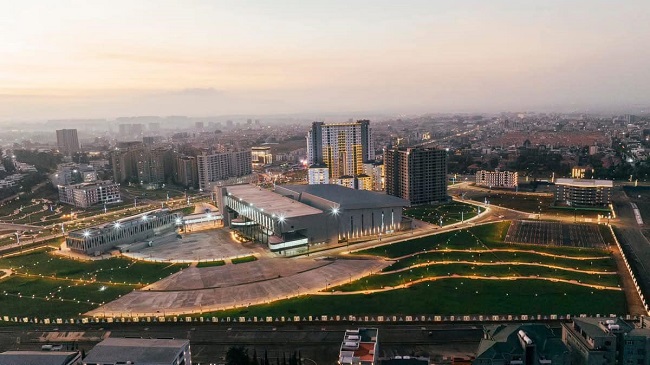Two years after its much-acclaimed inaugural meeting, the Africa Climate Summit (ACS) will convene for its second edition in Addis Ababa from September 8 to 10, 2025. The government of Ethiopia and the African Union will host the event. The summit comes at a critical moment as Africa looks to strengthen its climate leadership ahead of COP30 in Belém, Brazil.
This year’s summit carries greater urgency. Africa remains among the most climate-vulnerable regions, facing an escalating crisis defined by 2024 being the hottest year on record, with 2025 poised to surpass it. ACS2 offers a high-stakes opportunity to shape Africa’s climate agenda before key global events to be held this year.

Resilience and Green Growth
The theme of this year’s summit, “Accelerating Global Climate Solutions: Financing for Africa’s Resilient and Green Development,” signals Africa’s resolve to reframe the climate narrative. Building on the momentum of ACS1, which presented Africa as a continent of solutions, innovation, and potential, ACS2 seeks to champion homegrown approaches while advancing Africa’s role as a driving force in global climate action.
From the Nairobi Declaration to Addis Ambition
The inaugural summit in Kenya culminated in the Nairobi Declaration, an 11-point call to action that unified Africa’s voice on climate. Over the past two years, countries have worked to turn the declaration into tangible policies and outcomes. But where do they stand? ACS2 will take stock of this progress, consolidate efforts, and spotlight local solutions capable of turning Africa’s climate vulnerabilities into drivers of resilience and growth.
From Nairobi to Addis: ACS2 Takes the Stage
The Second Africa Climate Summit (ACS2), scheduled for September 8-10, 2025, in Addis Ababa, is being billed as Africa’s COP, a moment to shift from declarations to delivery. With more than 45 Heads of State expected, the summit will showcase African-led solutions, from renewable energy expansion to climate-smart agriculture, while pressing on the core issue of finance: how to close the multi-trillion-dollar gap that leaves African countries spending 5% of their GDP on climate impacts they did little to cause.
Building on the 2023 Nairobi Declaration, ACS2 aims to reposition Africa not as a victim of climate change but as a powerhouse of solutions, driving a just energy transition, demanding fair finance, and making the case that investing in Africa is investing in the planet’s future.
